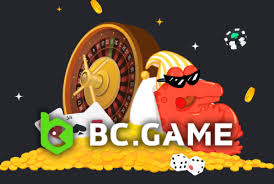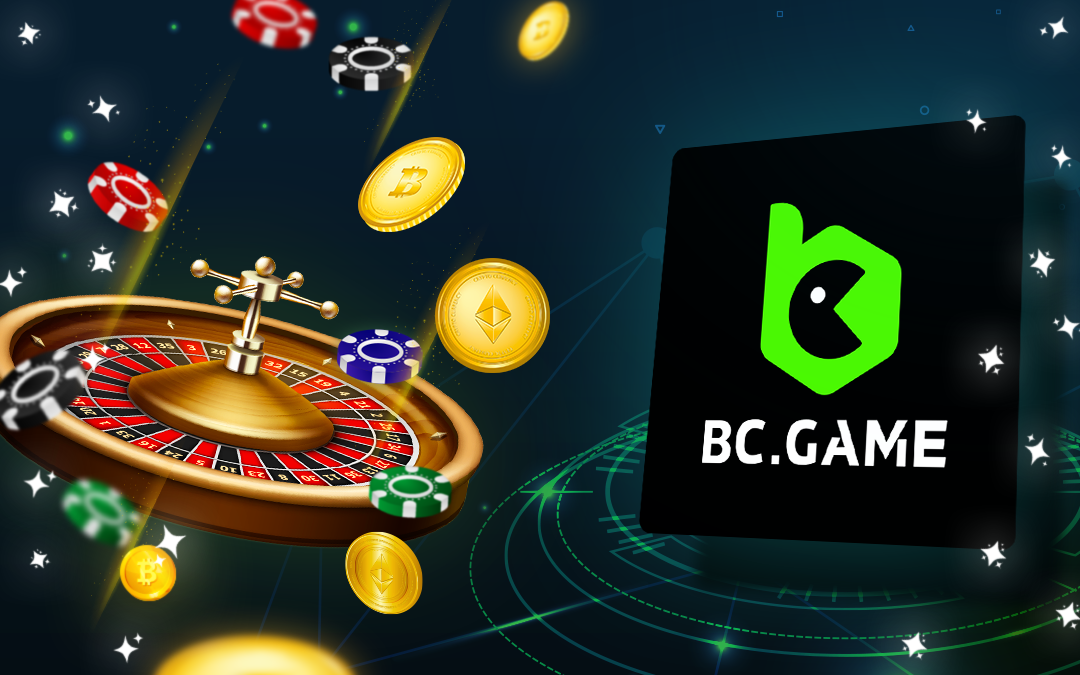

The Coin Flip is a simple yet captivating game of chance that has fascinated people for centuries. This seemingly straightforward activity serves as a gateway into the complex realms of decision-making, probability, and even psychology. In this article, we will explore the various aspects of Coin Flip, including its history, mathematical principles, psychological impact, and strategic applications in modern gaming. For more detailed analysis on coin flip strategies, you can check out Coin Flip https://bcg-mirrors.com/coin-flip/.
The tradition of flipping a coin can be traced back to ancient civilizations, where it was used for both gambling and making decisions. The earliest recorded instances of coin flipping come from Roman times, where it was called “navia aut caput,” meaning “ship or head,” referring to the two sides of the coin depicted. Over the time, this simple method of resolving disputes or choosing between options has evolved into a popular game, played in various forms across different cultures.
From a mathematical perspective, the outcome of a coin flip is typically binary: heads or tails. Statistically, if a coin is fair, the probability of landing on either side is 50%. However, the scientific analysis of coin flipping introduces fascinating elements such as bias due to coin imbalance, air resistance, and even the flipping technique of the person performing the action. Researchers have shown that, under controlled conditions, certain coins can have a slight bias, favoring one side over the other by a small percentage.

Coin flipping transcends mere chance; it delves into the deeply rooted psychological aspects of decision-making. Coin flips are often used as a tool for making choices when individuals feel uncertain or overwhelmed. This reliance on chance, rather than careful analysis, can provide relief from the burden of decision-making. Interestingly, the act of letting a coin decide can also reveal a person’s true desires; if one side evokes a stronger emotional response, it may indicate the person’s hidden preference.
In the modern era, coin flipping has found its way into numerous games and sports, often serving as a method to determine the first play, especially in football. Moreover, it has evolved into a popular gambling game, particularly in online casinos. Here, players can wager on the outcome of the flip, and while luck plays a significant role, strategies also emerge among seasoned gamblers who study the game nuances.
Even though coin flips are fundamentally games of chance, some players seek to develop strategies to maximize their chances of winning. Here are a few popular strategies:

Coin flipping has seeped into popular culture, often representing chance, fate, and the unpredictability of life. Movies and literature frequently use coin flips as a pivotal moment in character development, emphasizing the theme of choice and consequence. This cultural tool resonates with our daily experiences, symbolizing the balance between control and randomness.
The ethical implications of using Coin Flip as a decision-making tool often come into question, particularly in serious matters. While it can be a whimsical way to settle trivial disputes, relying on chance for major life decisions raises concerns about responsibility and consequences. Understanding when to embrace chance and when to make deliberate choices is essential for personal growth and ethical living.
In conclusion, the Coin Flip transcends its status as a simple game of chance. It intertwines with human psychology, mathematics, culture, and ethical considerations. Whether used for fun, decision-making, or gambling, it remains an integral part of our societal framework, symbolizing the beautiful interplay of fate and choice. As we move forward into an era increasingly governed by uncertainty, the coin flip reminds us that sometimes, embracing chance can lead to unexpected and enriching experiences.
For those interested in delving deeper into the techniques and strategies surrounding Coin Flip games, a plethora of resources, books, and articles are available. Engaging with this topic can enhance understanding not just of gaming but of the broader implications of chance and decision-making in everyday life.
2025年10月28日